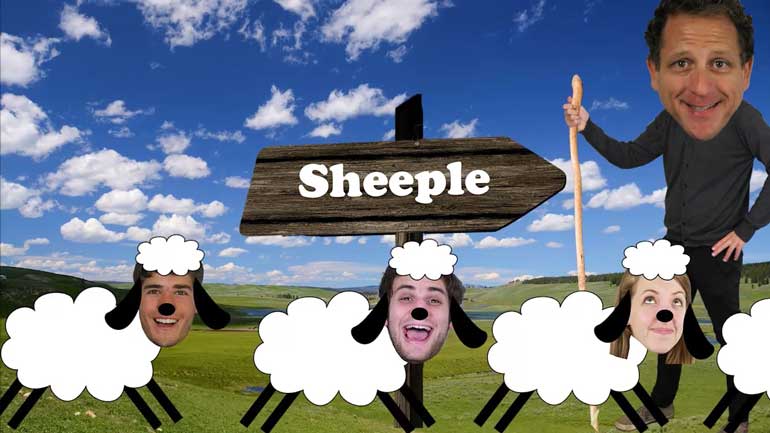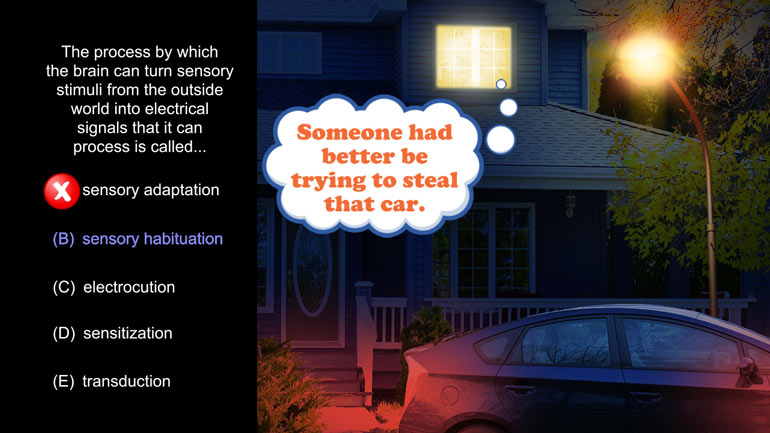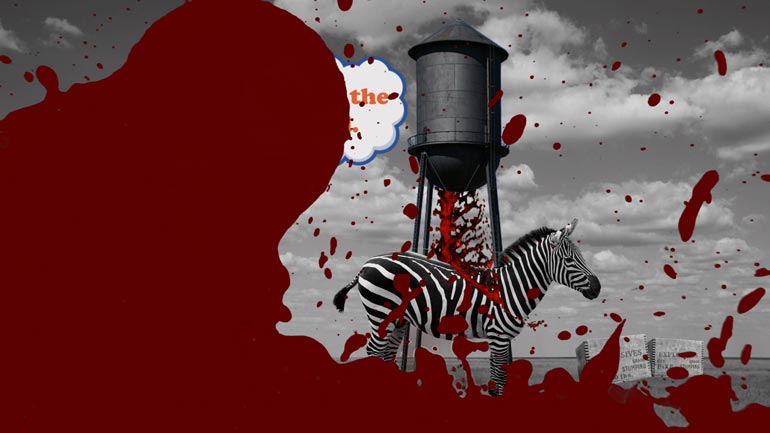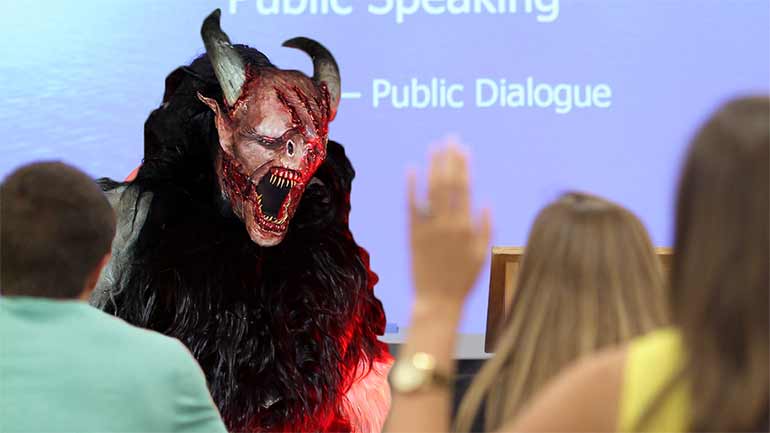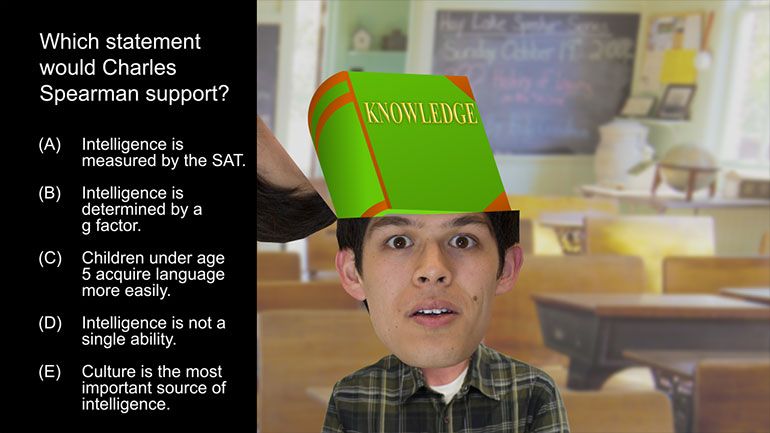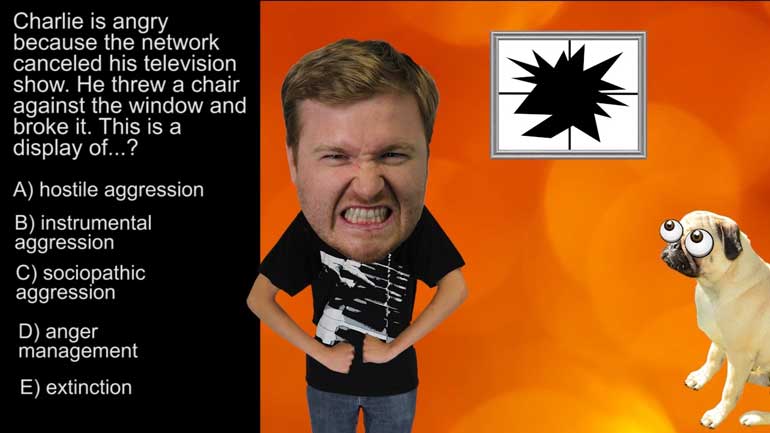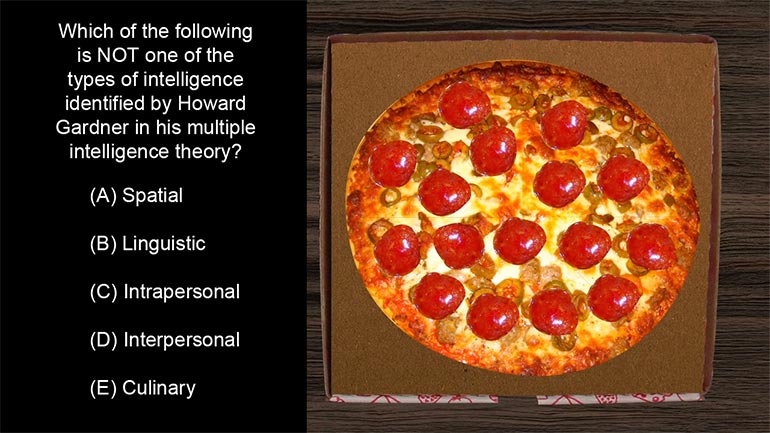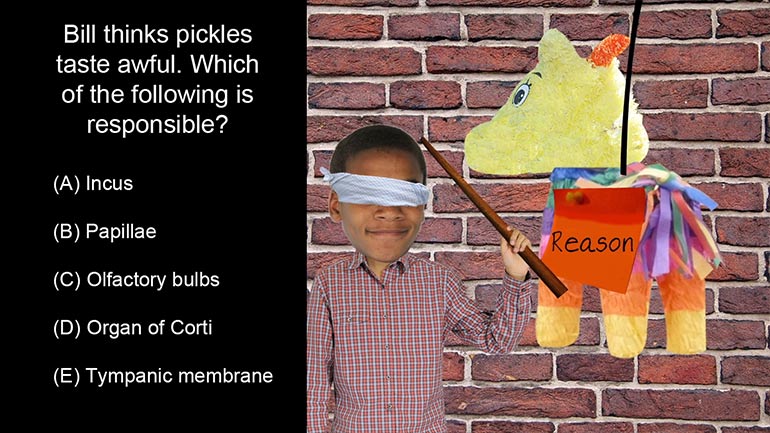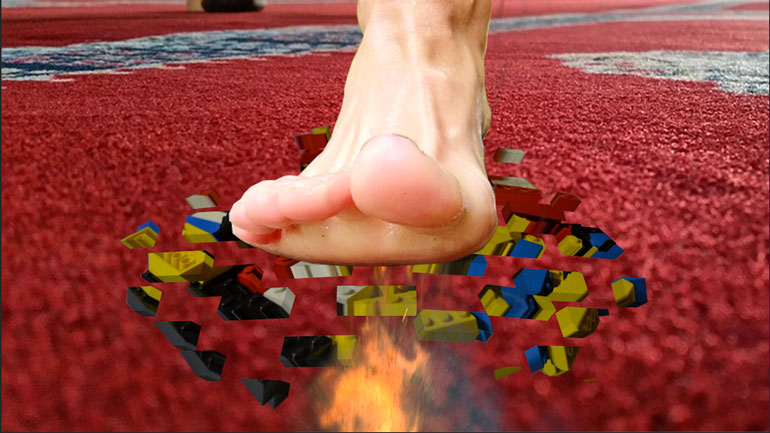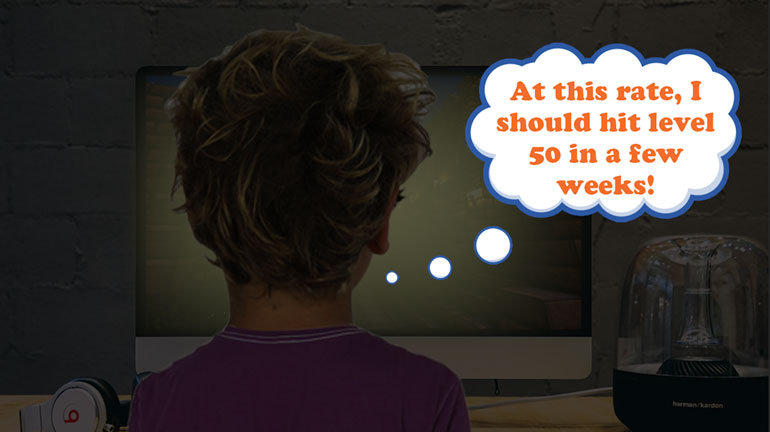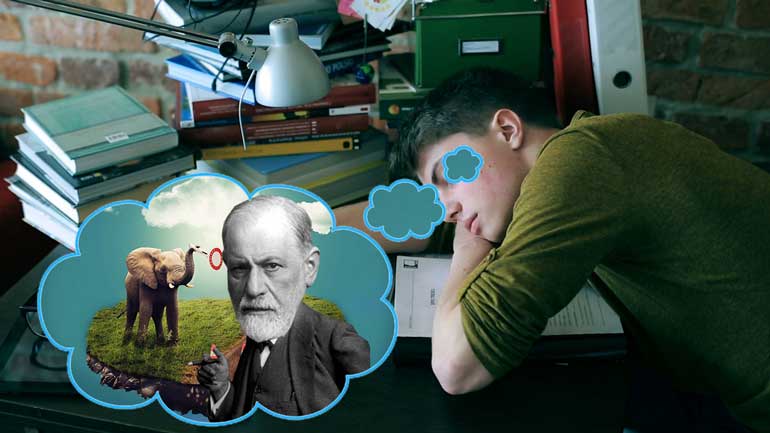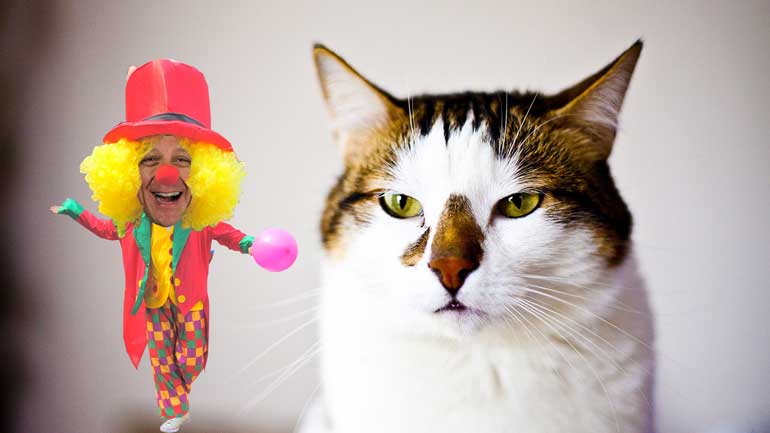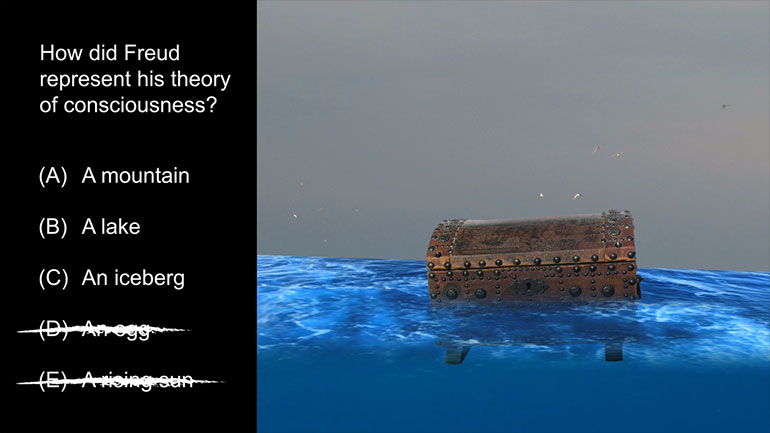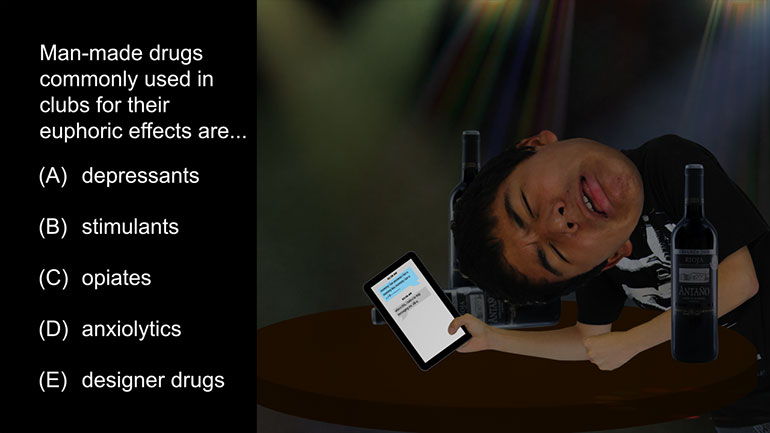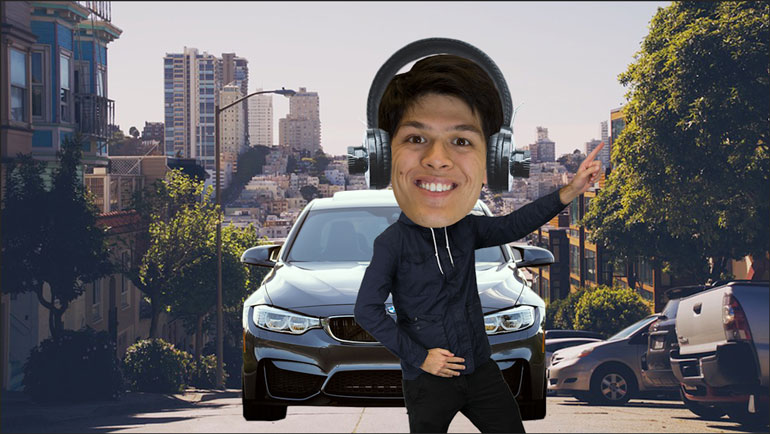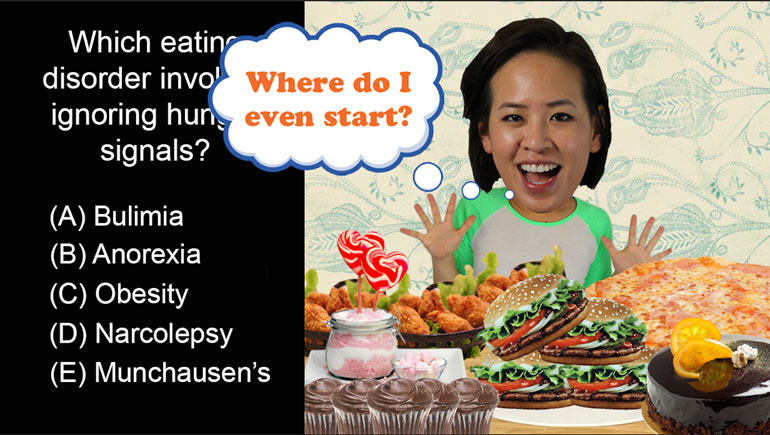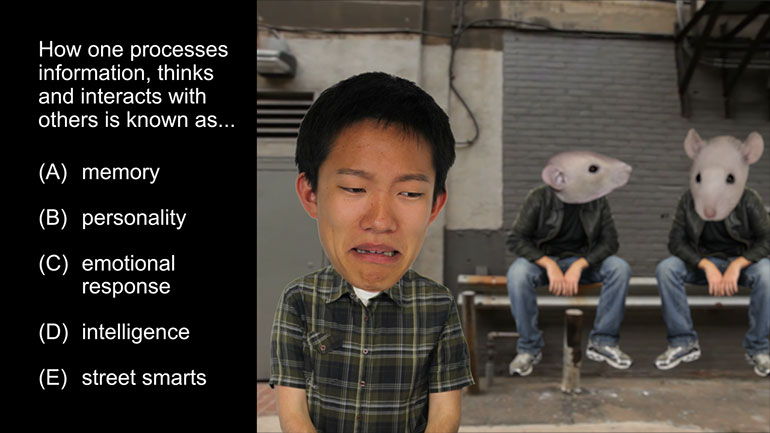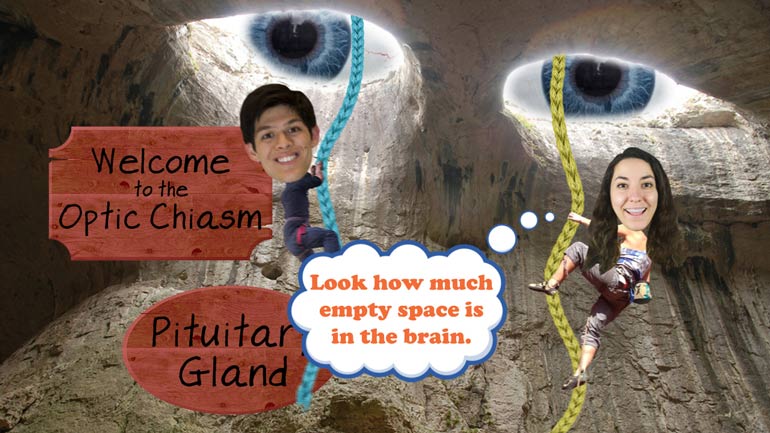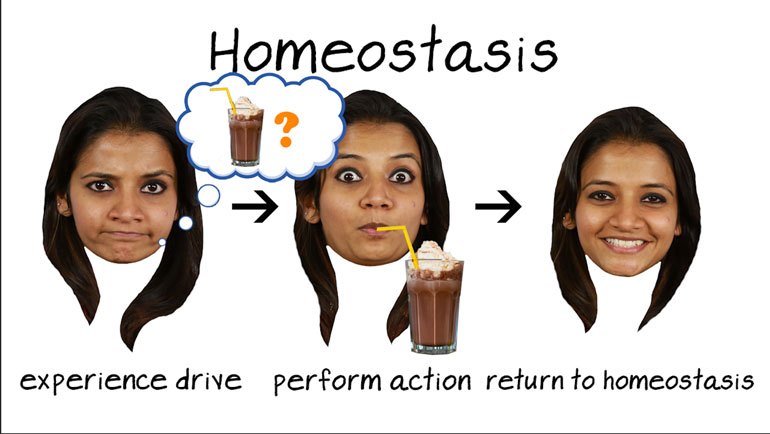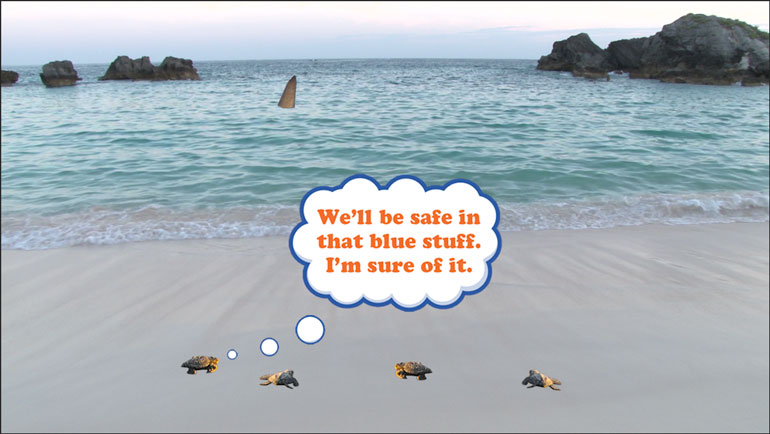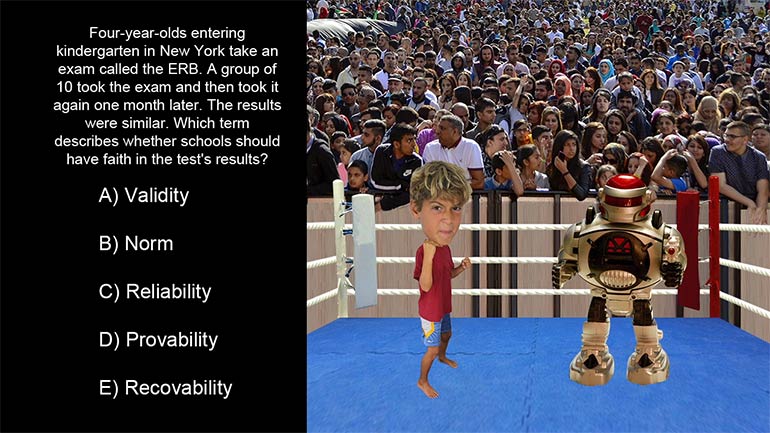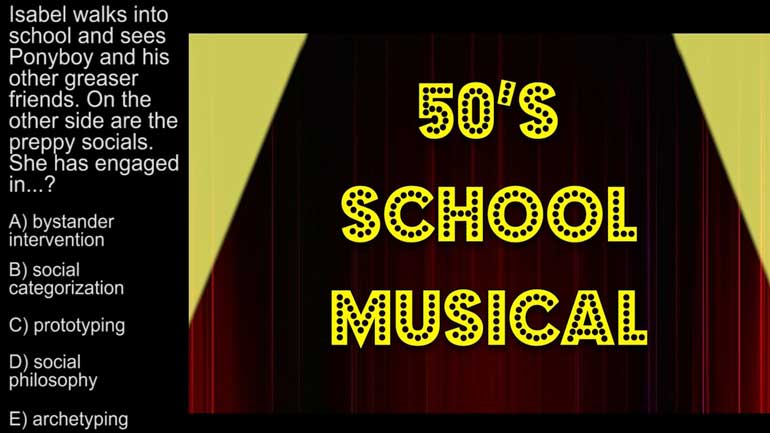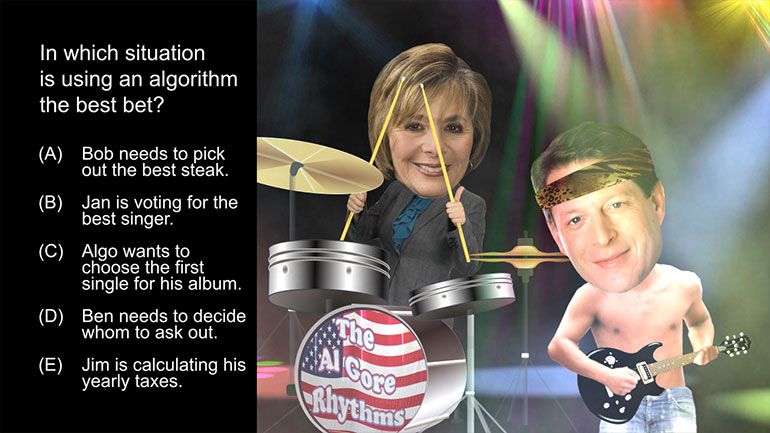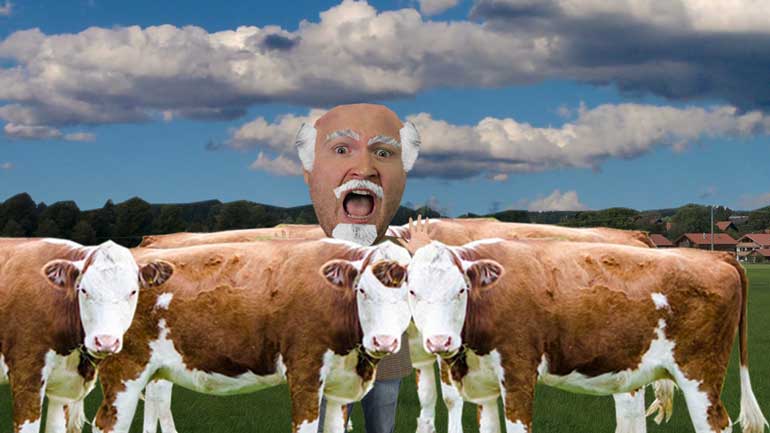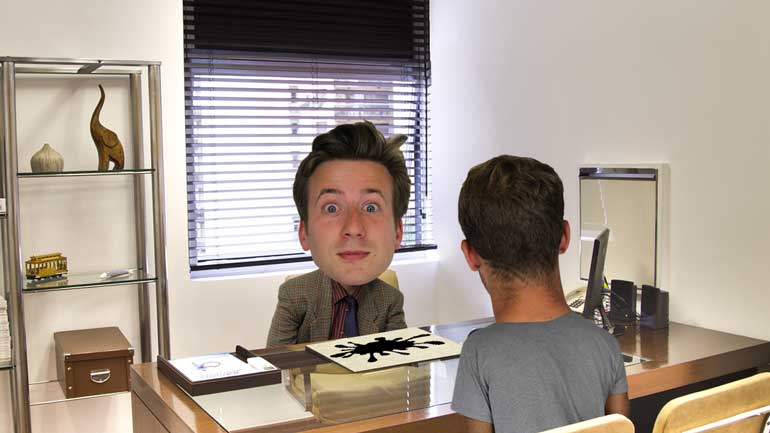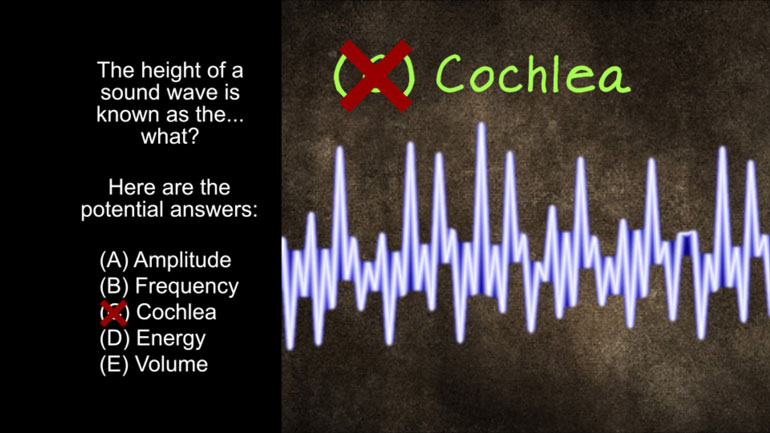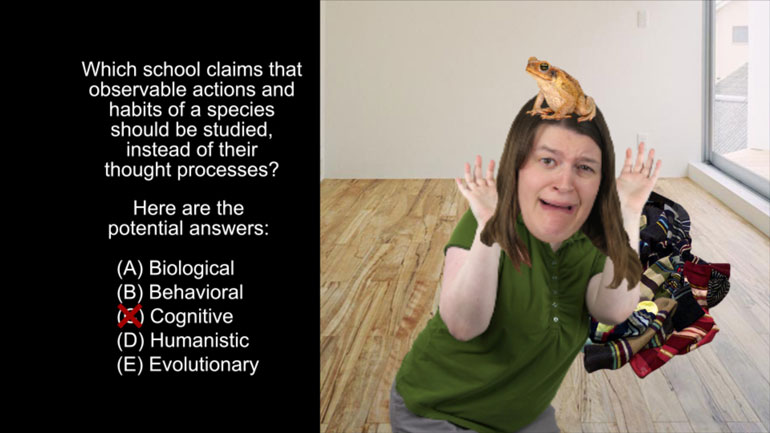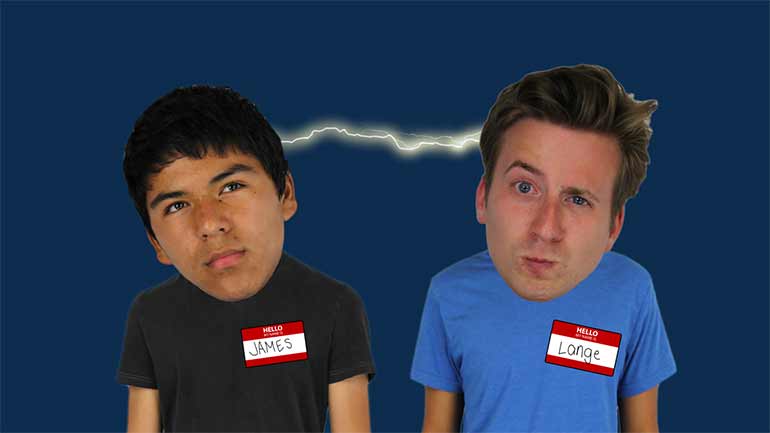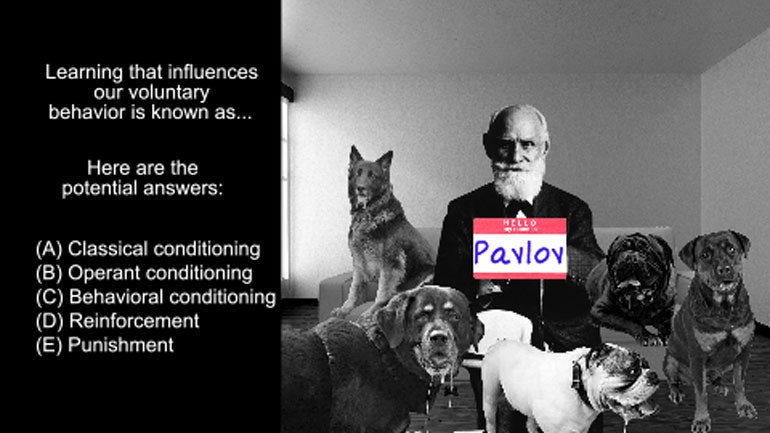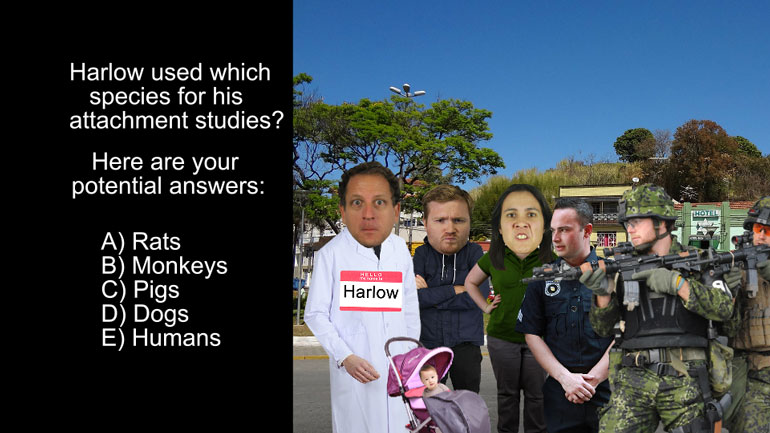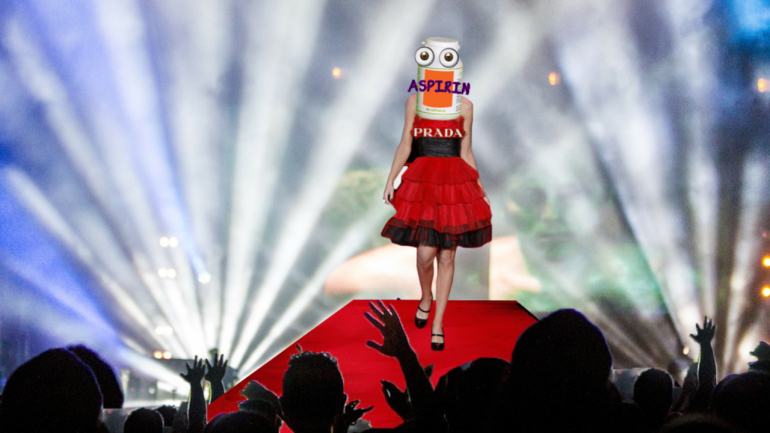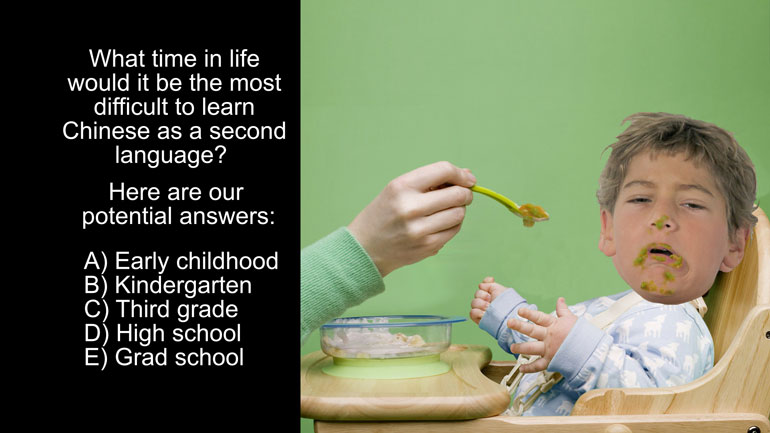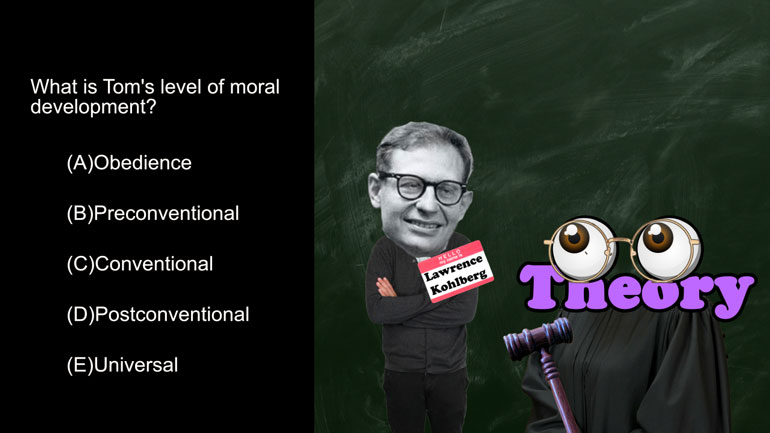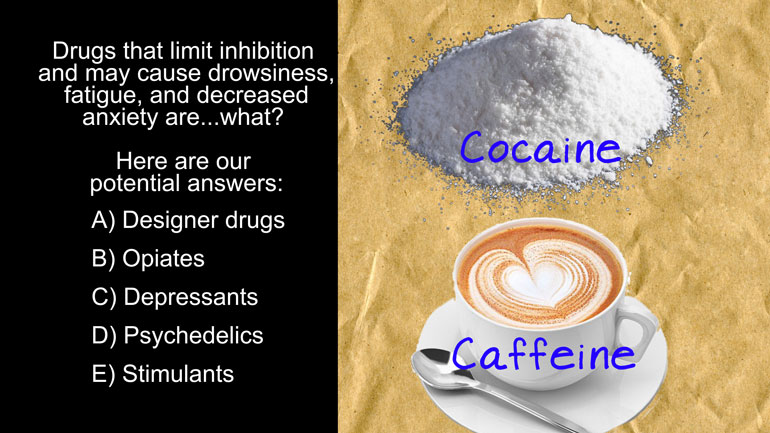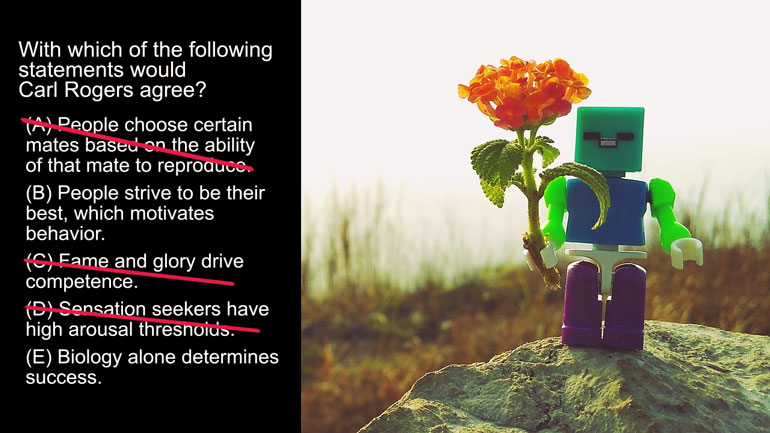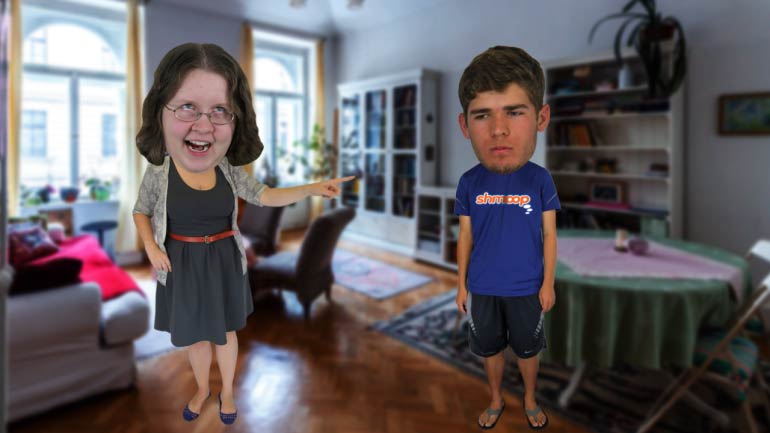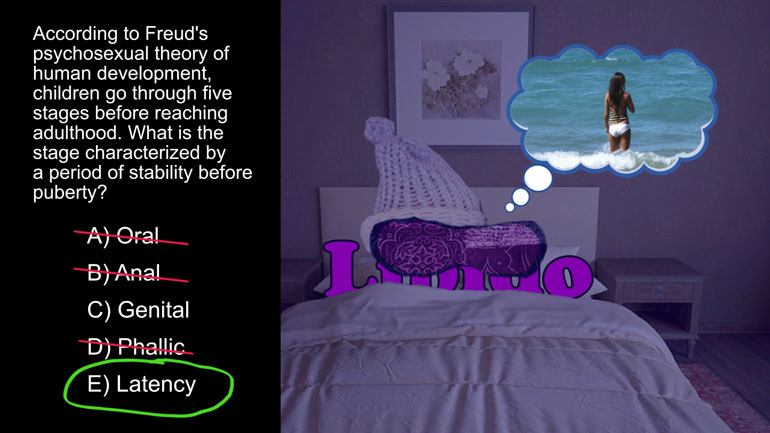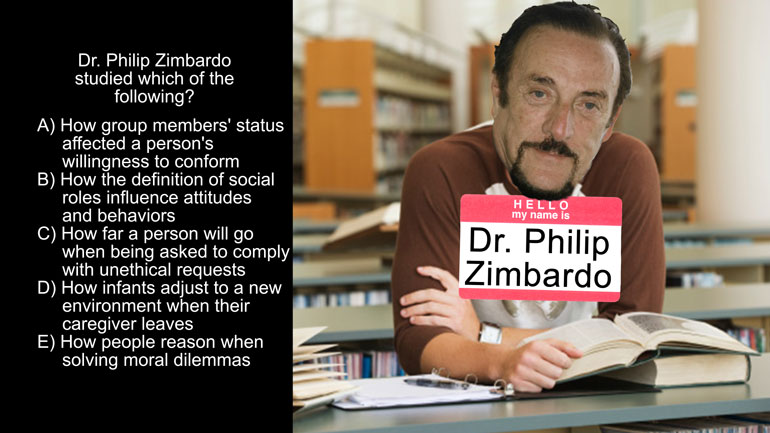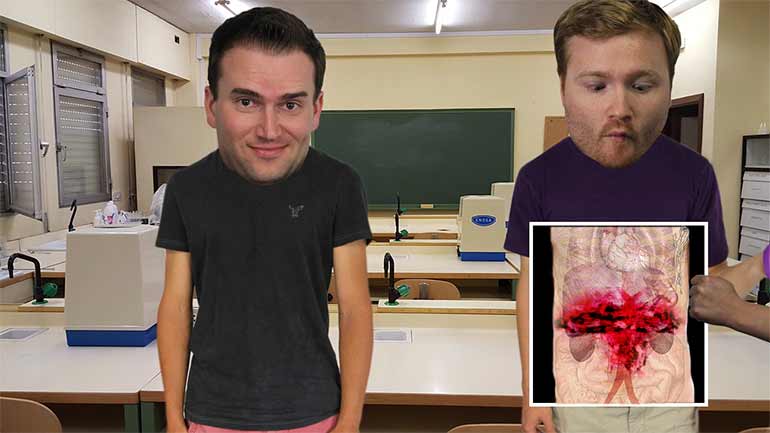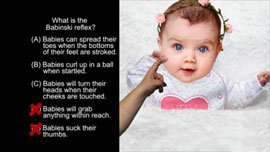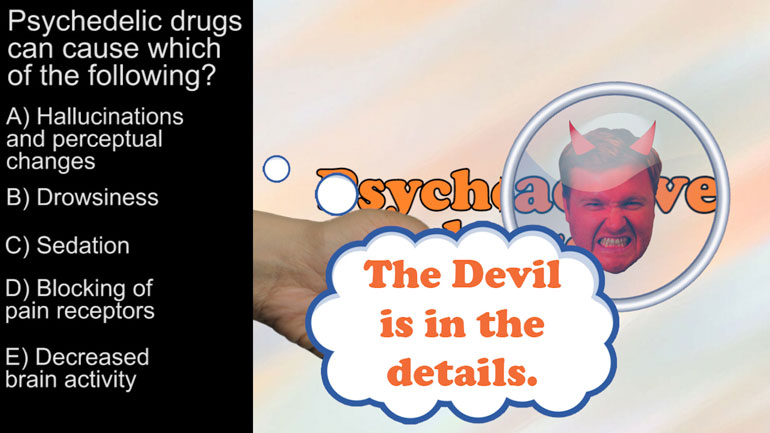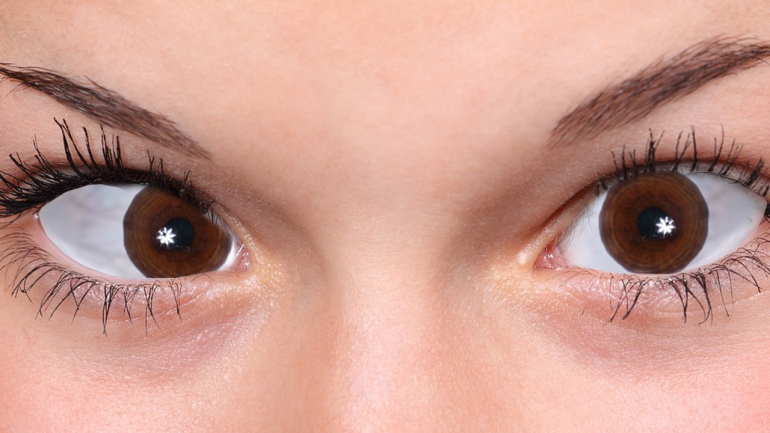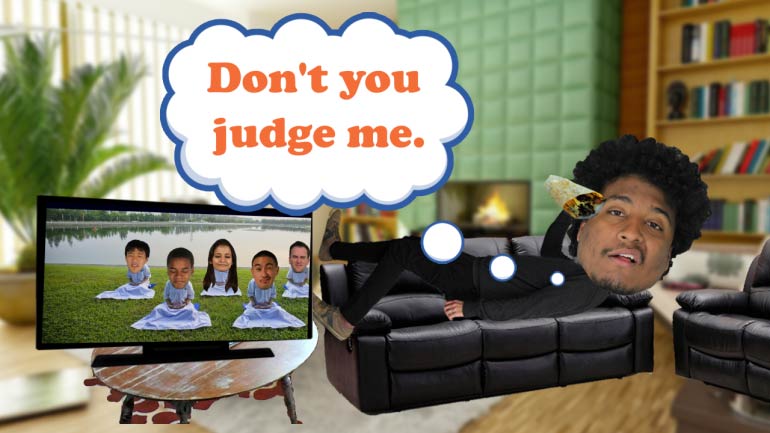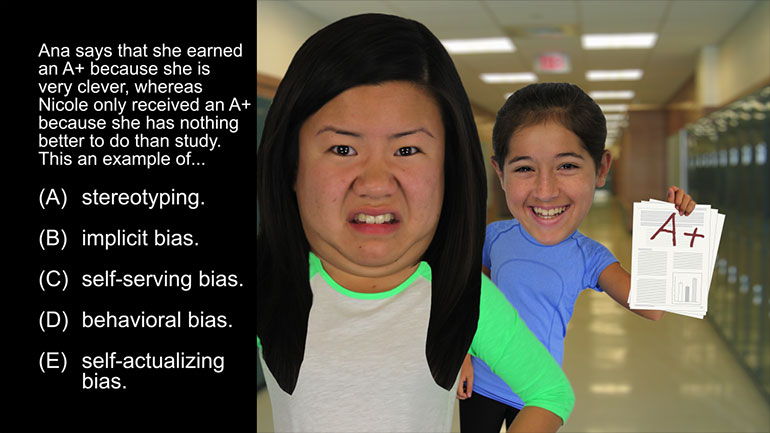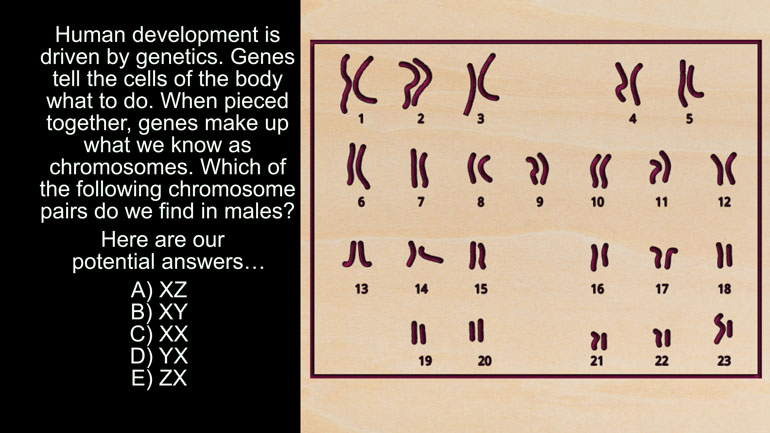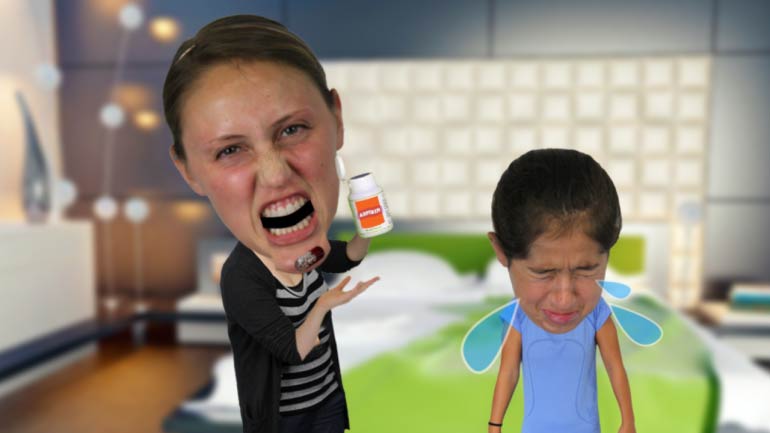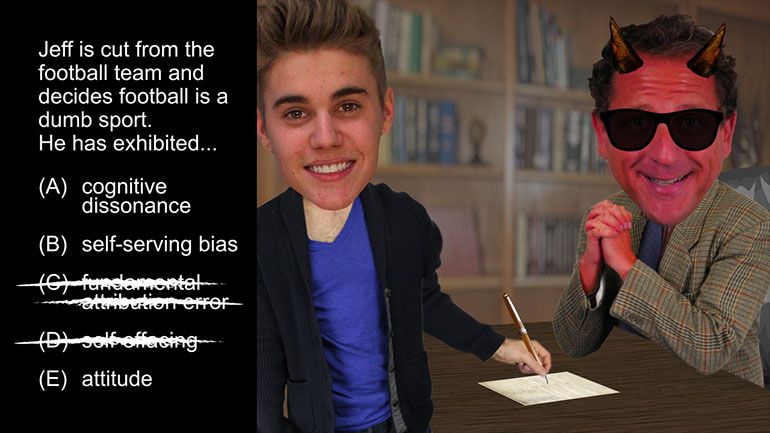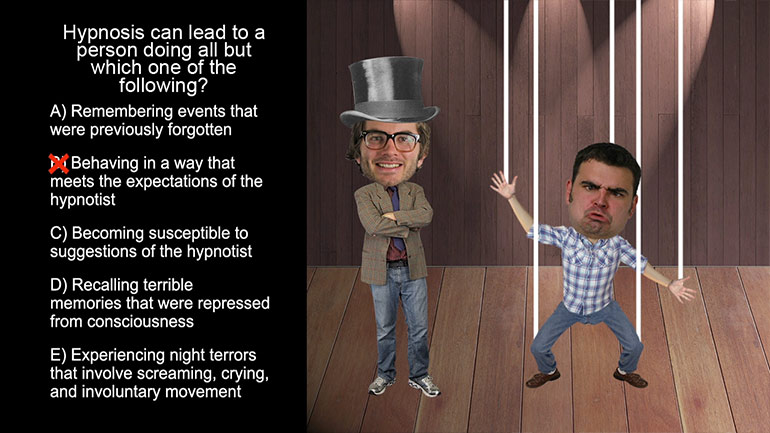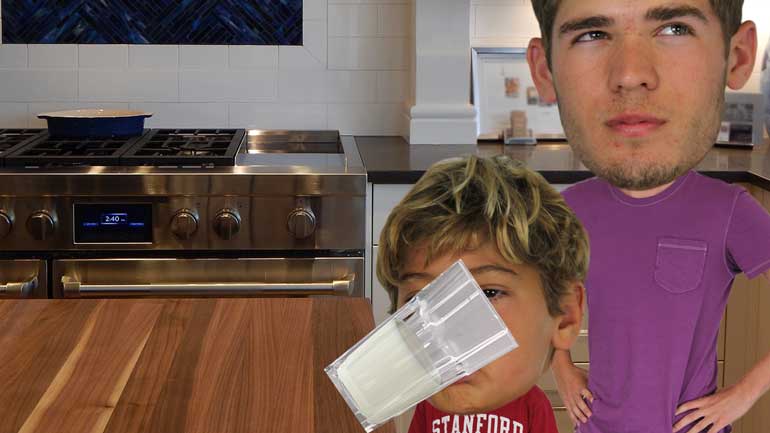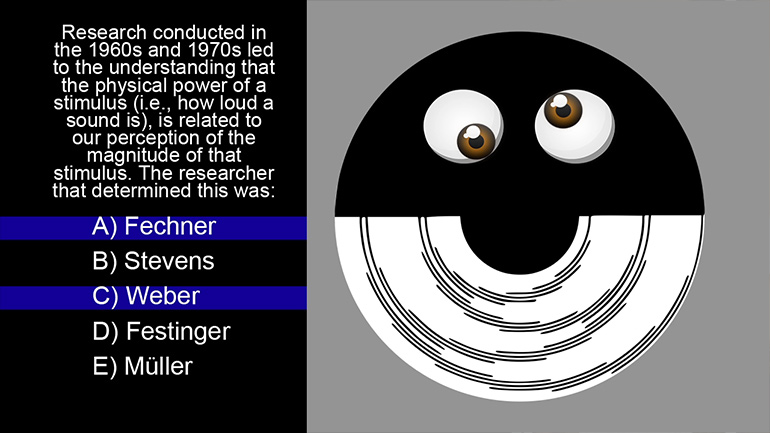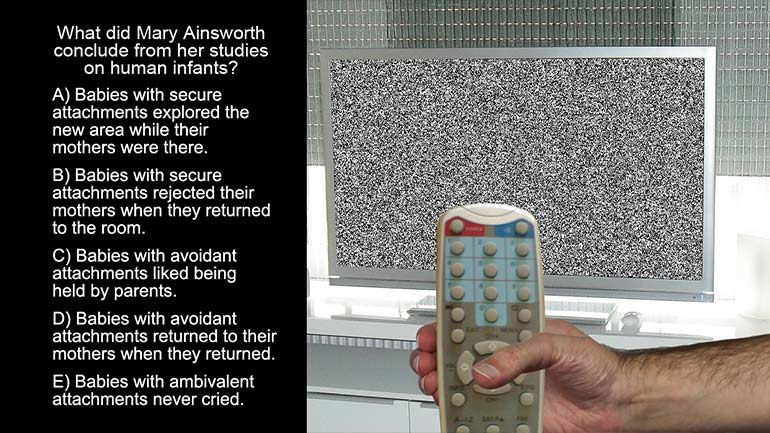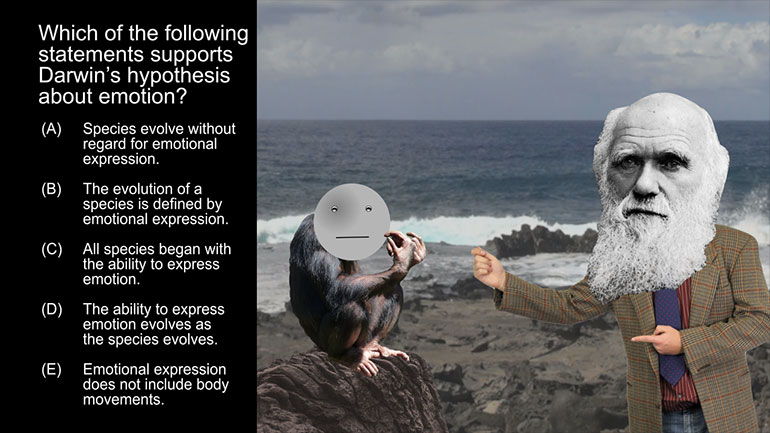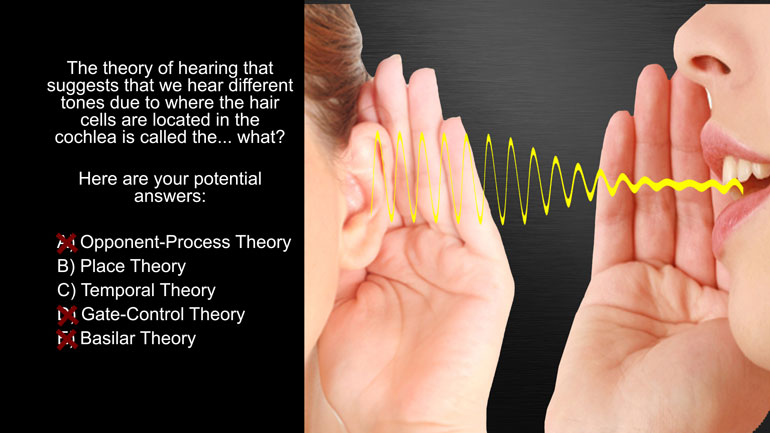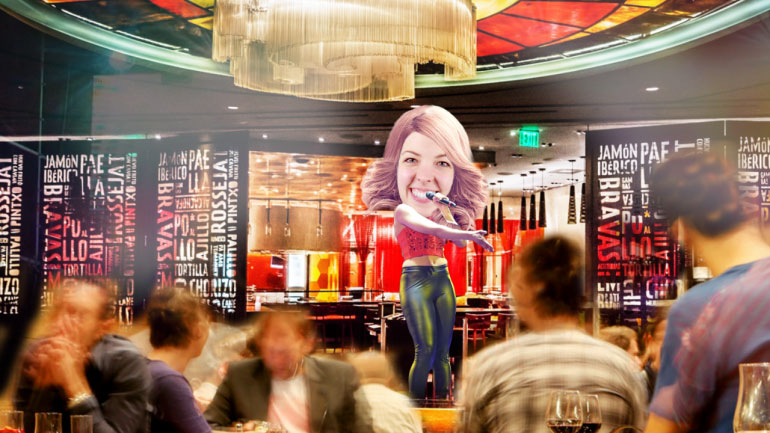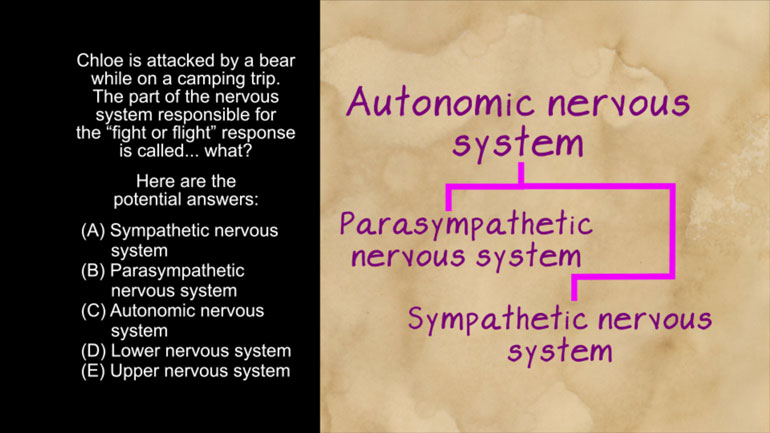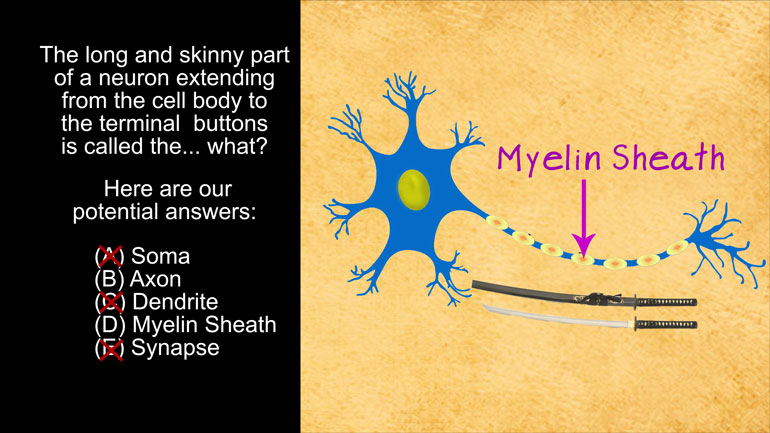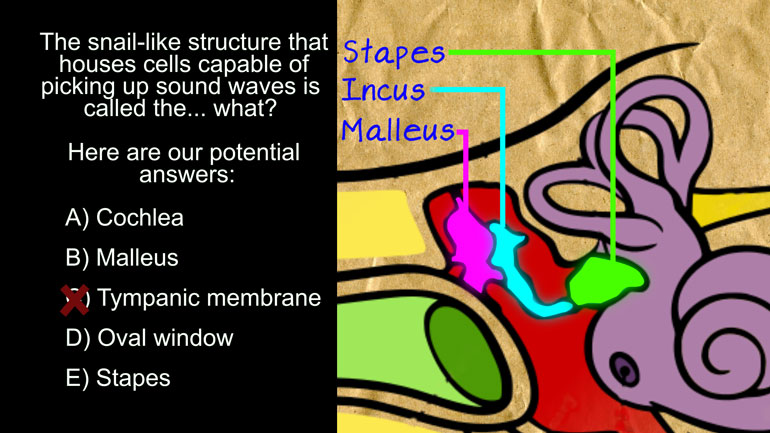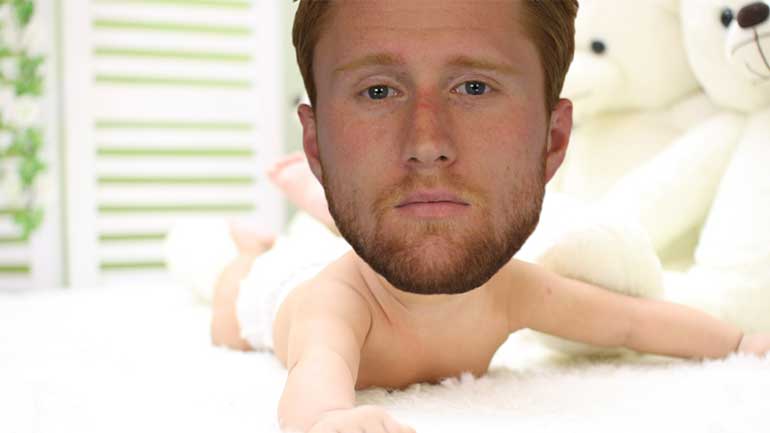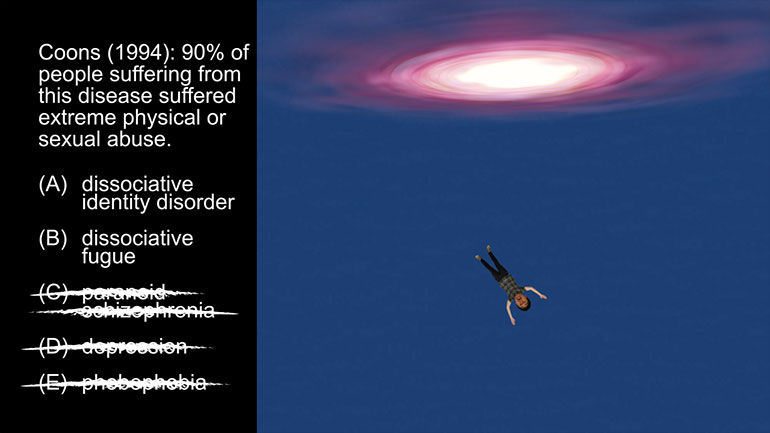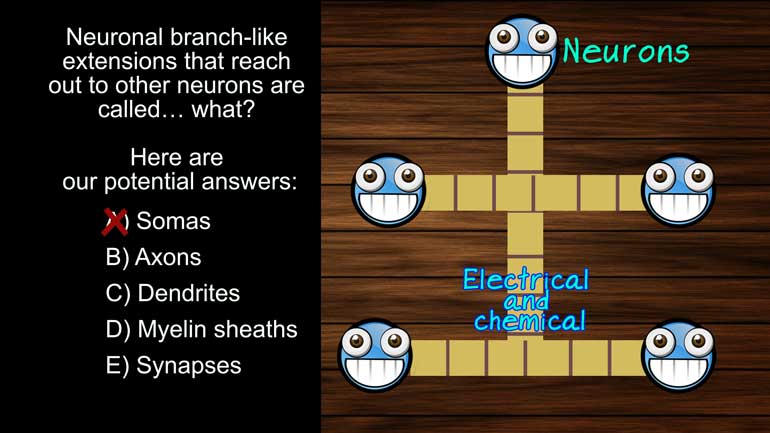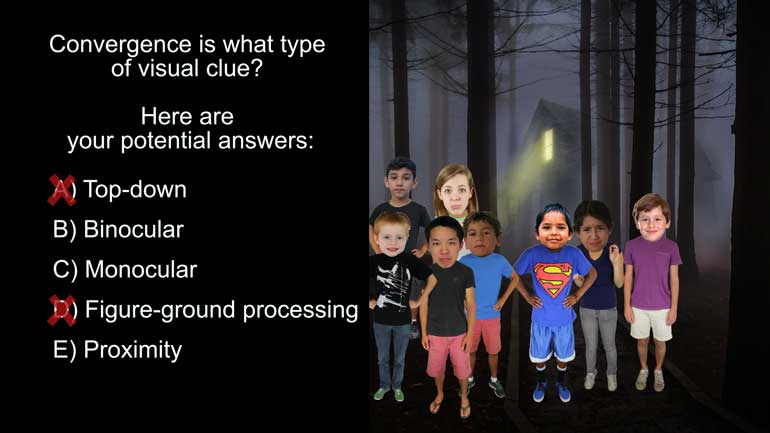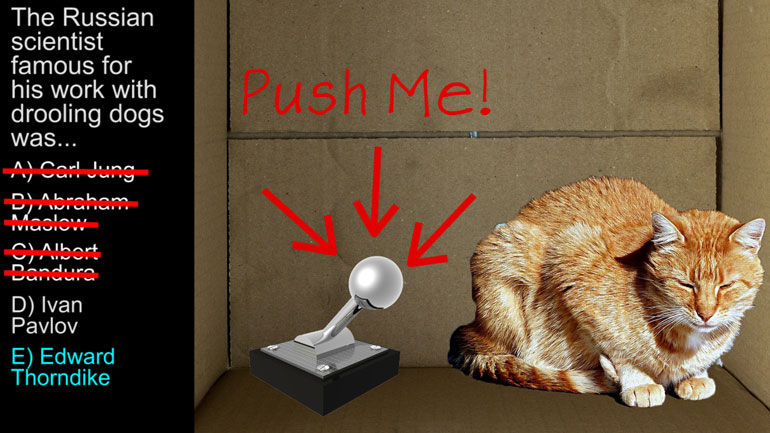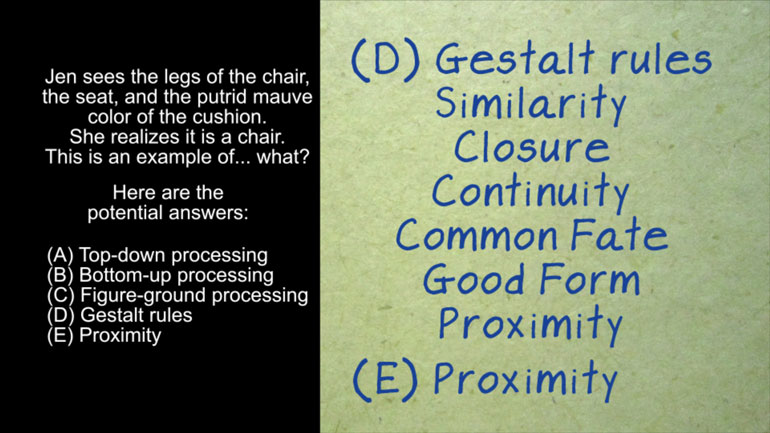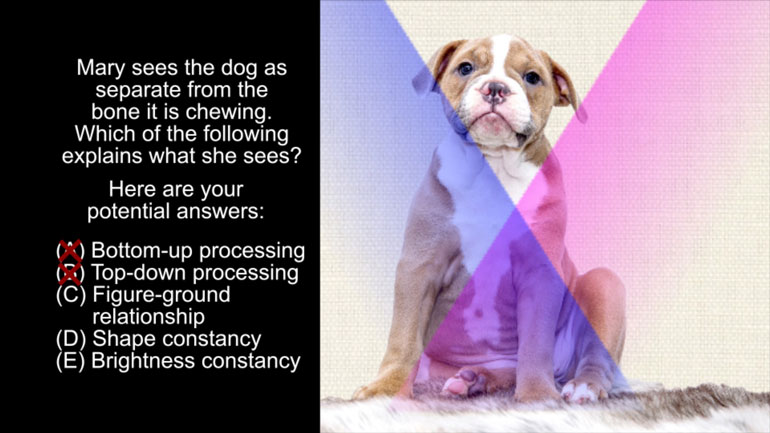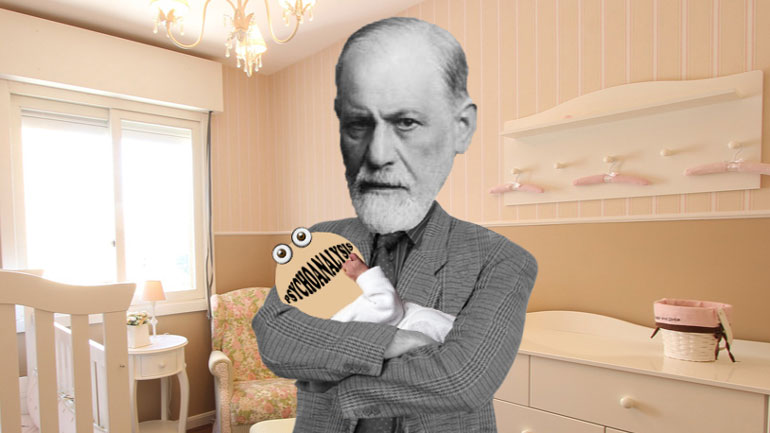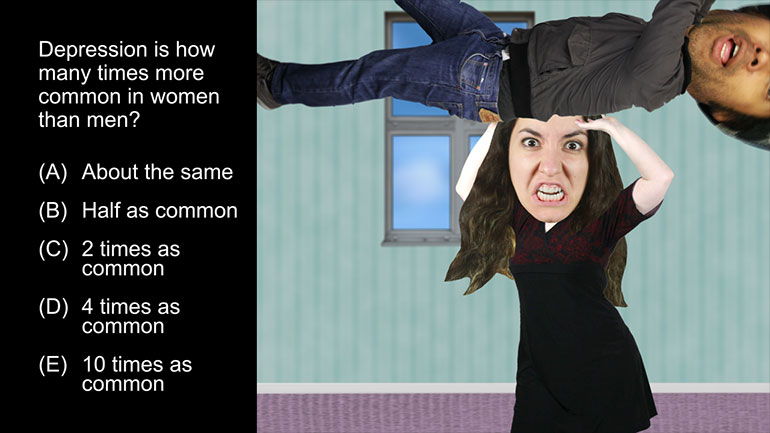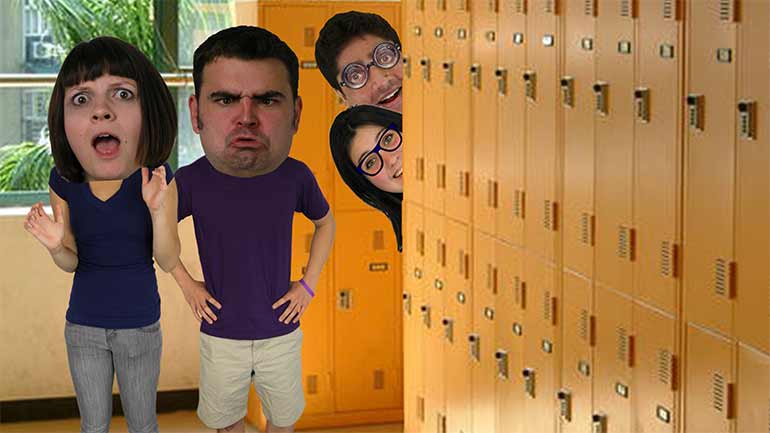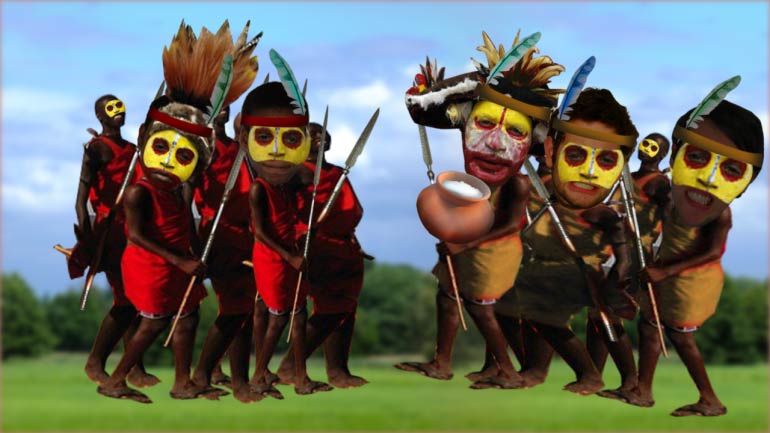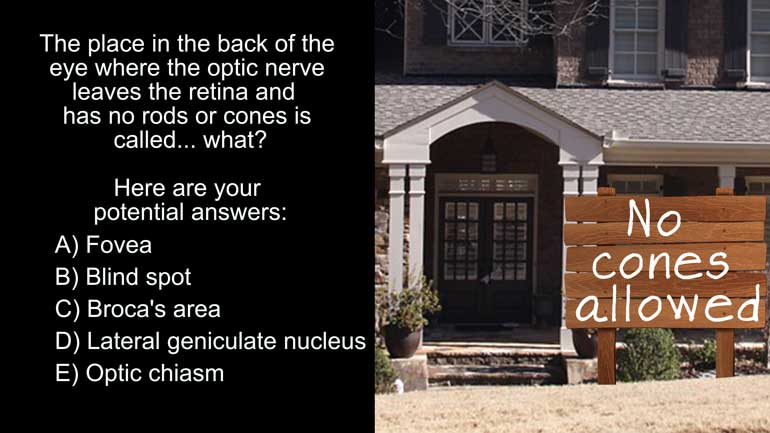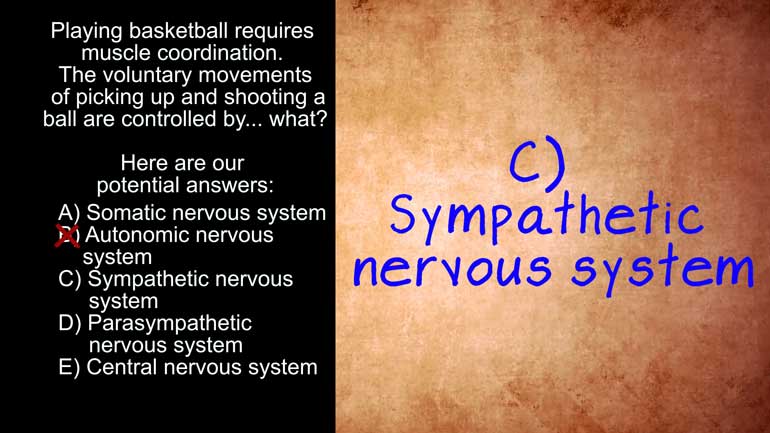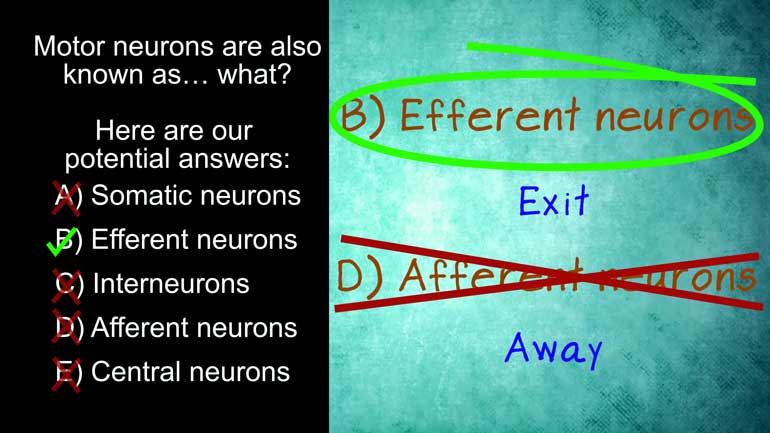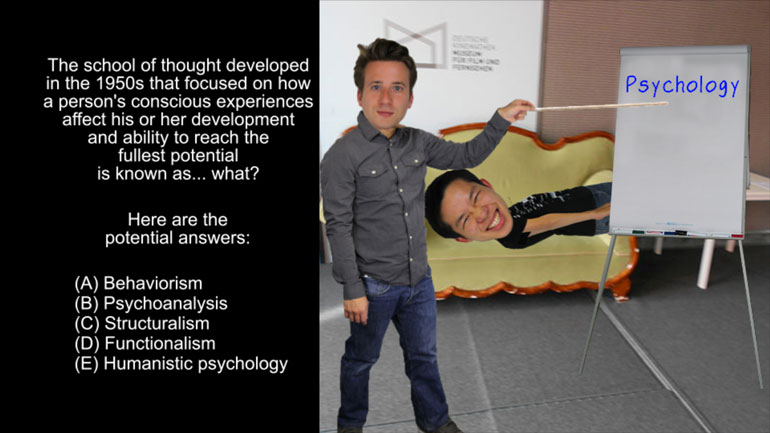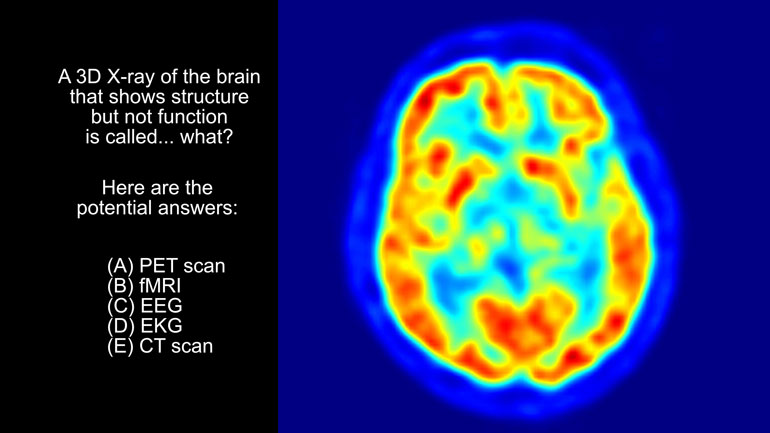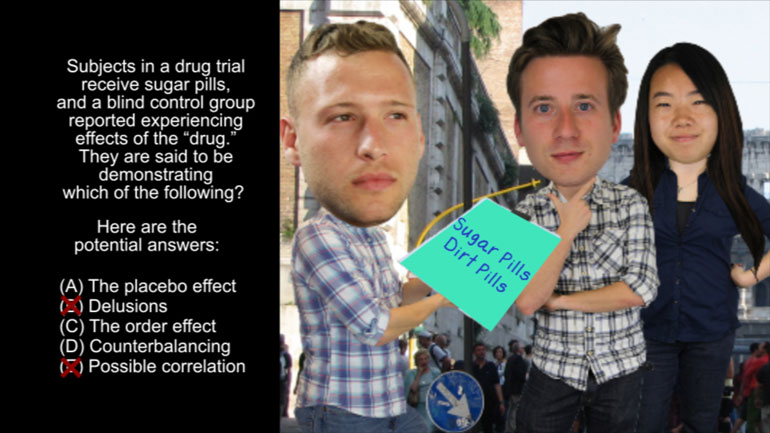ShmoopTube
Where Monty Python meets your 10th grade teacher.
Search Thousands of Shmoop Videos
AP Psychology Videos 163 videos
AP Psychology 2.2 Social Psychology. Which of the following was an independent variable manipulated in Asch's research?
AP Psychology 1.1 Personality. According to Freud, these three parts of personality are constantly in conflict.
AP Psychology 1.1 Sensation and Perception. The process by which the brain can turn sensory stimuli from the outside world into electrical signals...
AP Psychology 1.4 Social Psychology 12 Views
Share It!
Description:
AP Psychology 1.4 Social Psychology. The class is forming impressions based on what?
Transcript
- 00:04
And here's your shmoop du jour brought to you by the new kid in
- 00:06
school which means instant relief for all geekdom.. congrats guys.. All right, [Students peaking around lockers]
- 00:11
Janine's the new girl in school the other kids in class make fun of her
- 00:14
because she has an odd accent and dresses in mismatched clothing the class
- 00:18
is forming impressions based on what and here are your potential answers.. alright
Full Transcript
- 00:23
Janine's clearly a future shmoop employee.. Okay well so the kids are [School students in a hallway]
- 00:27
forming impressions about Janine based on an odd accent and mismatch clothing
- 00:31
but why what's the explanation is it A normalizing well no because the process
- 00:36
of normalization refers to an instance in which certain ideas or actions become
- 00:40
seen as normal kind of like how boy bands began normalized in the 90s to the [People at a boy band concert]
- 00:44
point that people actually thought having spiked, bleached blonde hair and
- 00:47
wearing colorful leather trench coats was even remotely normal. B doesn't work [A blonde boy band wearing leather trench coats]
- 00:52
because an attribution bias refers to the ways in which we incorrectly explain
- 00:55
our own and other people's behaviors like if the students explained Janine's
- 01:00
mismatch clothing by saying she has poor fashion sense when in reality they were [School girls making fun of Janine's fashion sense]
- 01:04
the unfashionable ones for failing to recognize the striking contrast between
- 01:08
leopard print and rainbow stripes. It's not C either as nothing as being
- 01:12
influenced here except maybe Janine to wear more matching clothing though who [Woman wearing a blue scarf and a blue sweater]
- 01:15
wants to live in a world without mismatched clothing it would make people
- 01:19
watching so much less enjoyable and while some of the assumptions made about
- 01:22
Jeanine could serve to characterize her in the eyes of her peers that is to aid
- 01:26
them in forming an idea about her general character that's not what we're
- 01:29
talking about. What we're talking about is person perception which refers to the
- 01:33
snap judgments made when we are forming an impression of a new person, these
- 01:37
quick judgments are based on basic behavior and appearance and are also [A woman judge in a court room]
- 01:40
influenced by our previous experiences So D is the answer we want, just try to
- 01:44
remember that your initial person perceptions can be wrong ... At first glance
- 01:49
Sheldon appears to be a socially awkward nerd but when you get to know him well [Sheldon stood in a library]
- 01:52
ok... they're not always wrong who wants to
- 01:55
live in a world without mismatched clothing....
Related Videos
AP Psychology 2.2 Social Psychology. Which of the following was an independent variable manipulated in Asch's research?
AP Psychology 1.1 Personality. According to Freud, these three parts of personality are constantly in conflict.
AP Psychology 1.1 Sensation and Perception. The process by which the brain can turn sensory stimuli from the outside world into electrical signals...
AP Psychology 1.1 Social Psychology. Which of the following best describes social psychology?
AP Psychology 1.1 States of Consciousness. Who conducted research on REM sleep deprivations?
